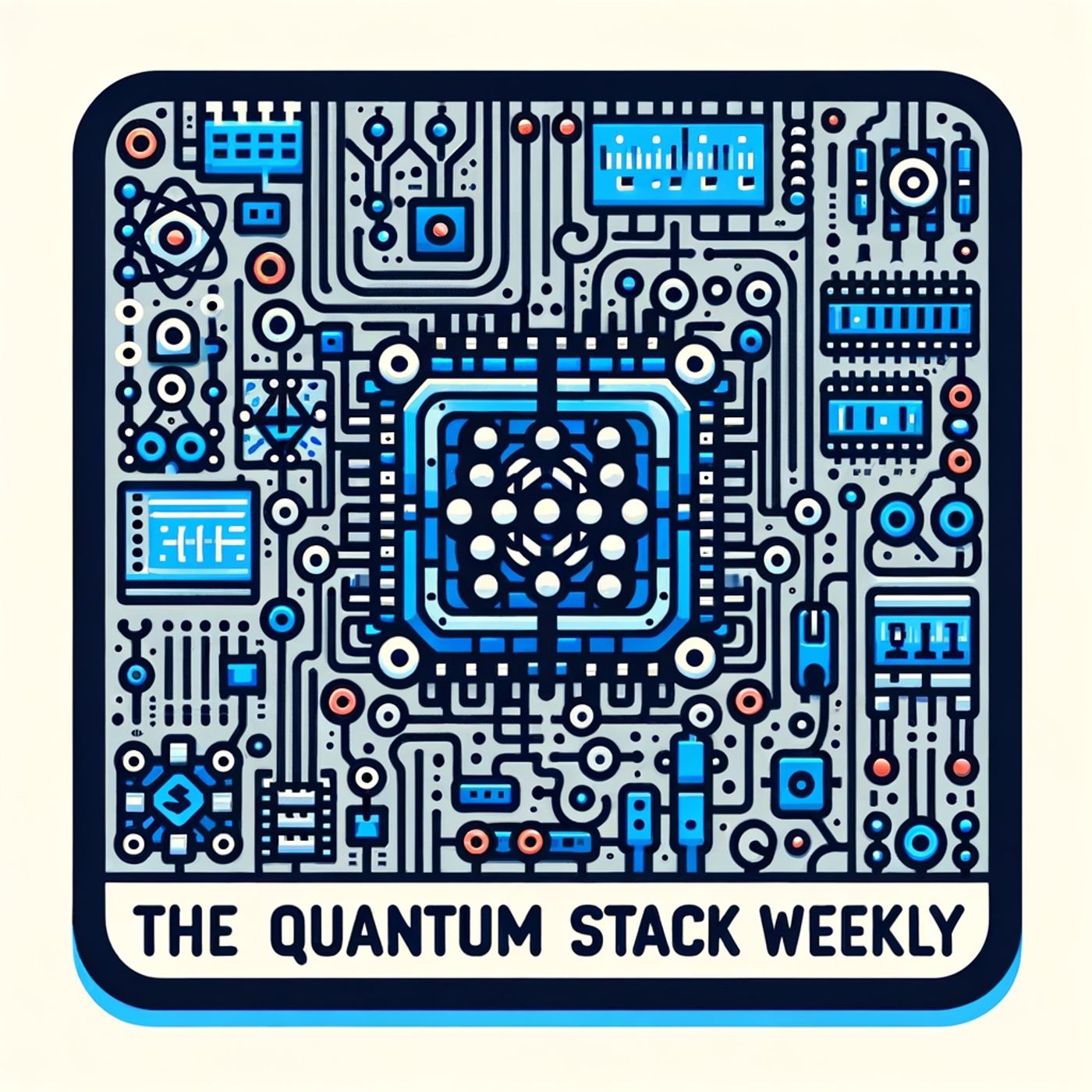Listen "Quantum Leaps: IBM & Moderna Accelerate Vaccine Design, VW Optimizes Traffic Flow, and ETH Zurich Advances Error Correction"
Episode Synopsis
This is your The Quantum Stack Weekly podcast.The Quantum Stack Weekly—Leo here, diving straight into today’s most exciting quantum breakthrough. Yesterday, IBM and Moderna announced a quantum-powered optimization model that is accelerating the design of mRNA molecules for vaccine development. This collaboration marks a turning point in computational drug discovery. Here’s why this matters. Traditional drug modeling relies on classical simulations that take weeks to predict the most stable molecular structures. Even with AI-enhanced predictions, limitations in classical computing prevent real-time optimization of molecular interactions. IBM’s quantum processors are changing that by running quantum simulations that map out molecular folding patterns with unprecedented accuracy. The key advantage? Instead of approximating how mRNA sequences behave, quantum algorithms can directly simulate their quantum properties, reducing computational time from days to hours. This enables Moderna to explore thousands of potential vaccine designs in a fraction of the time required by traditional methods. Faster iteration means quicker responses to emerging viruses—something the world learned was critical in recent pandemics. This breakthrough leverages IBM’s latest Qiskit runtime improvements, which optimize error mitigation and allow deeper quantum circuits to run on hardware like the IBM Quantum Condor. What’s exciting is that this isn’t just theoretical. Moderna has already integrated these quantum-enhanced results into its AI-driven research framework, demonstrating efficiency gains over its previous machine learning models. Meanwhile, in Europe, researchers at ETH Zurich have pushed forward fault-tolerant quantum computing by implementing real-time error correction on superconducting qubits. This is a crucial step toward scalable quantum systems. Their approach dynamically applies corrections during quantum operations, stabilizing longer computations that were previously impossible. This directly impacts fields like logistics and materials science, where complex simulations currently suffer from hardware noise limitations. Speaking of logistics, Volkswagen unveiled a quantum optimization study that improved traffic flow prediction by 25% in a trial across Munich. Their quantum-assisted traffic model outperformed classical systems in predicting congestion patterns, opening the door for real-time citywide optimizations. This isn’t just theoretical modeling—Volkswagen is integrating these predictions into its smart mobility platform. Quantum computing isn’t coming. It’s here, reshaping industries in real time. Keep an eye on how these advancements evolve—because tomorrow’s breakthroughs are already running on qubits today.For more http://www.quietplease.aiGet the best deals https://amzn.to/3ODvOtaThis content was created in partnership and with the help of Artificial Intelligence AI
More episodes of the podcast The Quantum Stack Weekly
Quantum Fusion: QuEra and Dell Ignite Hybrid Computing at SC25 | The Quantum Stack Weekly
24/11/2025
Quantum Leap: Harvard Cracks Code to Error-Free Qubits, Paving Way for Practical Quantum Computing
17/11/2025
 ZARZA We are Zarza, the prestigious firm behind major projects in information technology.
ZARZA We are Zarza, the prestigious firm behind major projects in information technology.
